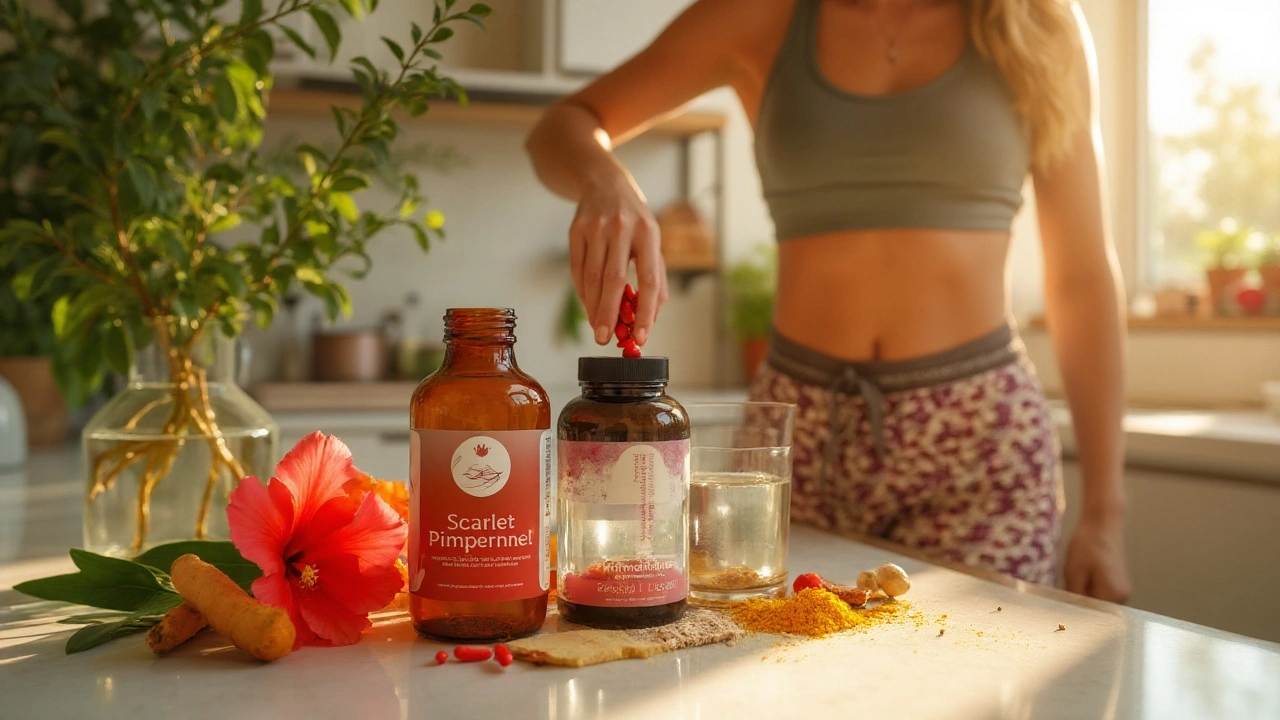Natural Dietary Supplements: What They Are and Why They Matter
When you hear "natural dietary supplement," think of anything you add to your food or routine that comes from plants, minerals or microbes and is meant to fill a nutritional gap. They aren't magic pills, but they can help when diet falls short, when you have specific health goals, or when a doctor recommends extra support.
Unlike prescription drugs, most supplements aren't tightly regulated, so the burden is on you to pick products that are pure, potent, and safe. That means reading labels, checking third‑party testing, and knowing a bit about how each ingredient works.
Choosing Safe Natural Supplements
Start by asking why you want the supplement. Is it to boost vitamin D during winter? To add antioxidants from a herb like Jiaogulan? Or to support joint health with something like glucosamine? Once you have a clear goal, look for brands that show a Certificate of Analysis (COA) or have been verified by labs such as USP or NSF.
Watch out for fillers, artificial colors, and proprietary blends that hide exact ingredient amounts. If you take prescription meds, double‑check for possible interactions – even natural herbs can affect blood pressure or blood clotting.
Keep dosages realistic. The label may suggest a range; start at the lower end and see how you feel. Too much of a “natural” thing can still cause side effects, like excess vitamin D leading to calcium buildup.
Top Natural Supplements to Consider
Vitamin D – Ideal for people who get little sun. Look for D3 (cholecalciferol) and choose products tested for purity. A daily 1,000–2,000 IU dose works for most adults, but blood tests can guide you.
Jiaogulan – Dubbed the “immortality herb,” it’s packed with antioxidants and adaptogens that may help stress response and heart health. Capsules or teas that list the exact amount of extract are preferable.
African Wild Potato – This lesser‑known tuber contains compounds studied for blood sugar control. If you try it, start with a small serving and watch for any stomach upset.
Berberine – A plant alkaloid gaining traction for cholesterol and glucose management. Take it with meals to reduce GI irritation, and stay under 1,500 mg per day unless a doctor says otherwise.
Remember, supplements work best when paired with a balanced diet, regular exercise, and good sleep. They’re a complement, not a replacement, for healthy habits.
Finally, keep a simple log: note the brand, dose, time of day, and any changes you notice. Bring that log to your next doctor visit so they can help you adjust or discontinue if needed.
Natural dietary supplements can be a handy tool in your wellness toolbox, as long as you choose wisely, stay informed, and listen to your body.

